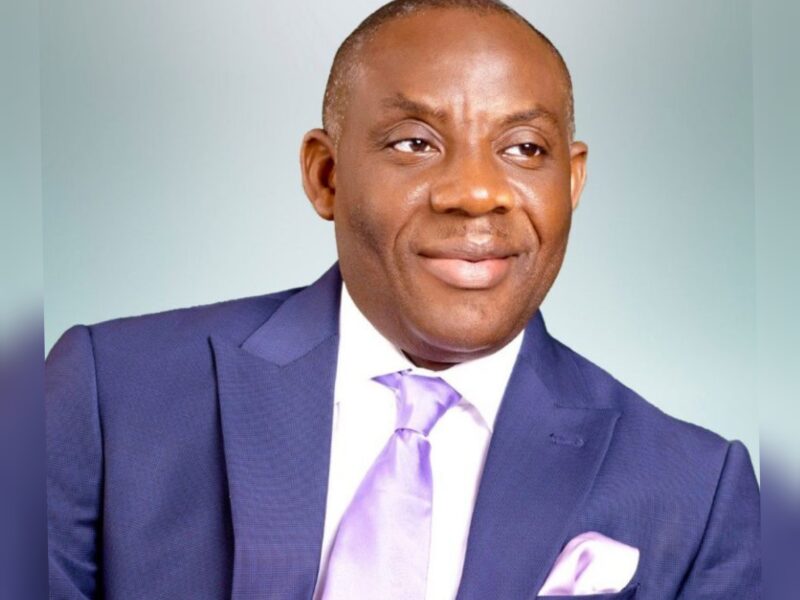Olatunji Alausa, who was reassigned from his former role as Minister of State for Health in the recent cabinet reshuffle, takes over as Education Minister during a period of significant reform in Nigeria’s educational policies.
Abuja, Nigeria — The Minister of Education, Dr. Morufu Olatunji Alausa, has reversed the 18-year minimum entry age for university admission, a policy set by his predecessor, Professor Tahir Mamman.
The age requirement had sparked significant debate and criticism across the nation.
In his first press briefing since taking office, Alausa stated that the 18-year entry age posed a barrier to reducing the country’s high number of out-of-school children and was unsustainable for Nigeria’s education sector. He announced that the minimum age limit would revert to 16, with exceptions available for “gifted children” who demonstrate exceptional academic ability.
Dr. Alausa outlined broader reforms aimed at making Nigeria’s education system more practical and employment-oriented. “The new education framework will be 80 percent practical and 20 percent classroom/theoretical,” he explained, highlighting that practical skills training is essential to combat the country’s rising unemployment rate. By focusing on skills development, the government aims to prepare graduates better for employment opportunities and reduce the mismatch between education and the job market.
In partnership with the private sector, Alausa said the government would work to train students in areas that can unleash their potential, providing them with market-relevant skills.
Alausa, who was reassigned from his former role as Minister of State for Health in the recent cabinet reshuffle, takes over as Education Minister during a period of significant reform in Nigeria’s educational policies. His statement signals a new direction for the sector, with a focus on increasing access to higher education and addressing Nigeria’s employment challenges.










Join our Channel...